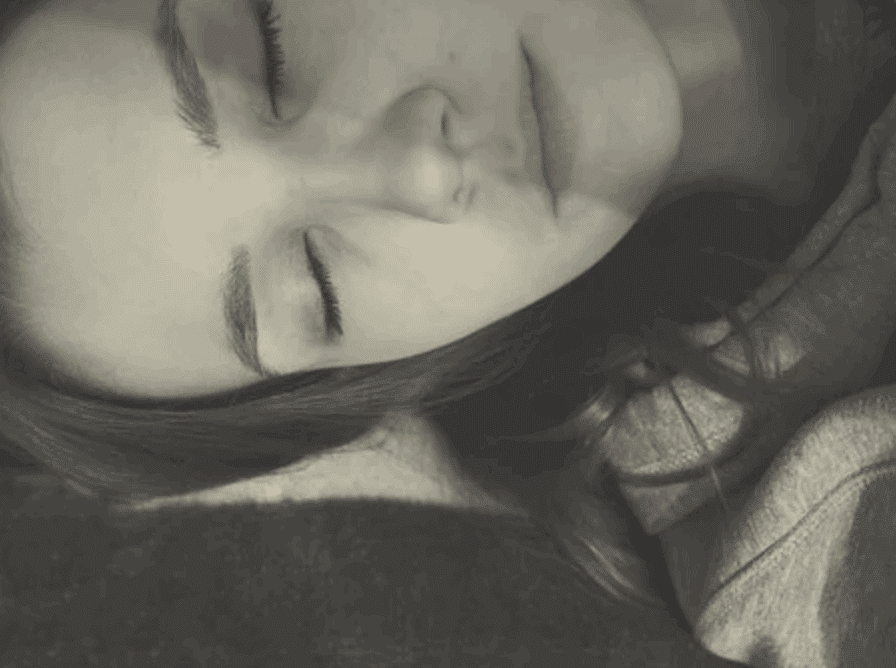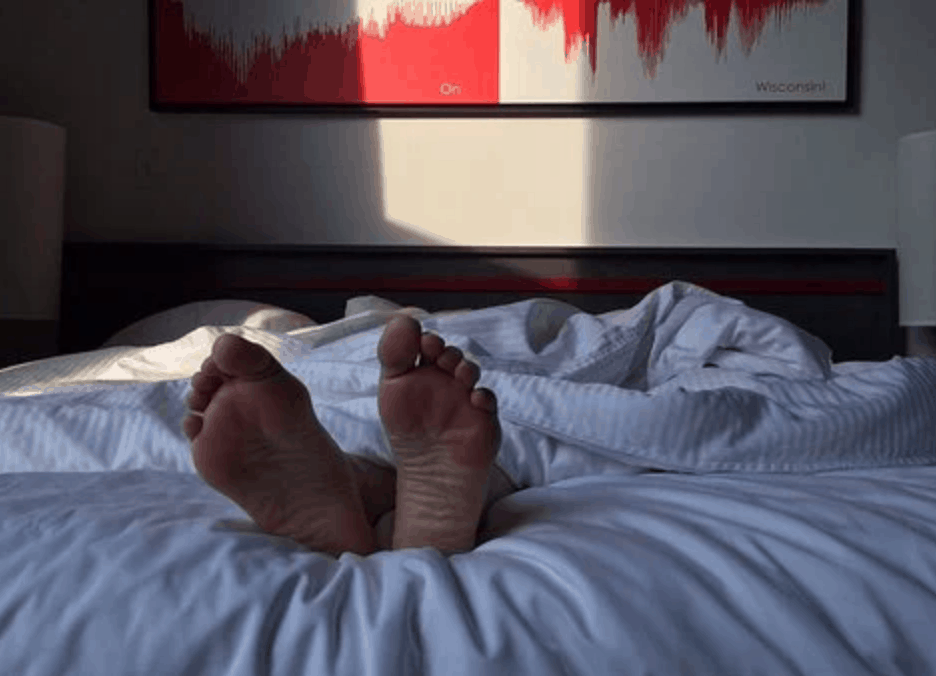Quality sleep is often hard to come by these days, what with the state in which the world is right now. A lot of people are now ridden with anxiety to the point where they can’t sleep well. Not being able to sleep can also happen for all sorts of reasons which can quickly sap you of your physical and emotional energy. This will force you to adopt unhealthy daytime habits to make up for this lack of energy. Examining the root of your sleep problem is what you need to do to treat it.
Here are a few suggestions that will help you do so.
Schedule Your Sleeping and Wake-up time
You’ve probably heard this one time and time again. Waking up and going to bed at the same time every day can be a bit difficult, especially if you sleep at irregular hours every day, but now you can set an alarm with any smart device to fix this problem. Sure, you might feel tired and worn out in your first few tries, but eventually, you’ll be able to catch up with your internal clock and be able to get a healthy, undisturbed sleep. Make sure that as soon as you start to feel a sense of fatigue, that you take that as a sign to prepare yourself for bed. Once you wake up at the desired time without an alarm clock, know that you’re getting enough sleep.
Use Weighted Blankets
If you don’t know what weighted blankets are, they’re basically a type of at-home therapy that will emulate the benefits of deep pressure therapy. Users of weighted blankets have explained that it has therapeutic benefits that help patients with conditions like autism, anxiety, and ADHD. A high-quality weighted blanket is great for anyone who suffers from anxiety-induced insomnia or needs to improve their sleep quality. In addition to that, it can relieve pain and improve your mood through deep pressure stimulation, which works on relaxing the nervous system. Weighted blankets can also be used in conjunction with other types of therapy, like massage therapy and support animals.

Increase Sunlight Exposure
Our bodies are programmed in a way that helps us maintain a healthy sleeping schedule. There is a natural time-keeping clock (which is also known as the biological clock or the circadian rhythm) within each and every person. This clock can affect the brain, body, and hormone functions to a great extent, and sunlight helps stimulate your circadian rhythm, thus keeping it at healthy levels. This means that you need to expose yourself to daylight if you really want to get a good night’s sleep. Some studies have shown that people with insomnia were able to improve their sleep quality and duration simply by exposing themselves to sunlight, so be sure that you get enough sunlight exposure, especially if you’re one of the numerous people who have been sequestered in their houses for days on end.
Reduce Blue Light Exposure
Essentially, exposure to blue light at night will have the opposite effect of exposure to sunlight during the daytime. Blue light can, unfortunately, trick your body into thinking that it is still daytime, which will prompt your body to reduce hormones like melatonin, which can help you ease into a deep sleep. Think about devices like smartphones and computers and how much you’re exposed to them every day. This can be a large contributor to why you can’t get enough sleep. Therefore, you’ll need to either minimize your usage of these devices or, if they’re really indispensable, you can use blue light filters on your screen or purchase glasses that block blue light.
Be Smart about Napping
A nap in the afternoon can sometimes be unavoidable. When you’re particularly tired, you may not be able to avoid the temptation of a good nap to replenish your energy. It’s true that napping is good to catch up with lost sleep hours, but it can mess up your sleep routine if you’re not smart about it. In fact, it can get to the point where napping can make things even worse for you. So, make sure that you limit your nap time to 15 or 20 minutes in the early afternoon. This is optimal nap time that won’t mess your sleeping hours or cause insomnia. You should also keep an eye out for how many hours you sleep and increase your nap time in case you don’t get enough sleep.

There are hundreds of methods that can help you get better sleep, but it all depends on your determination and dedication. If you’re working from home, it can even be more difficult for you to sleep in a timely manner, especially that your daily supply of sunlight has been cut short, but with the tips mentioned in this article, you should be able to enhance your sleep quality and duration.
